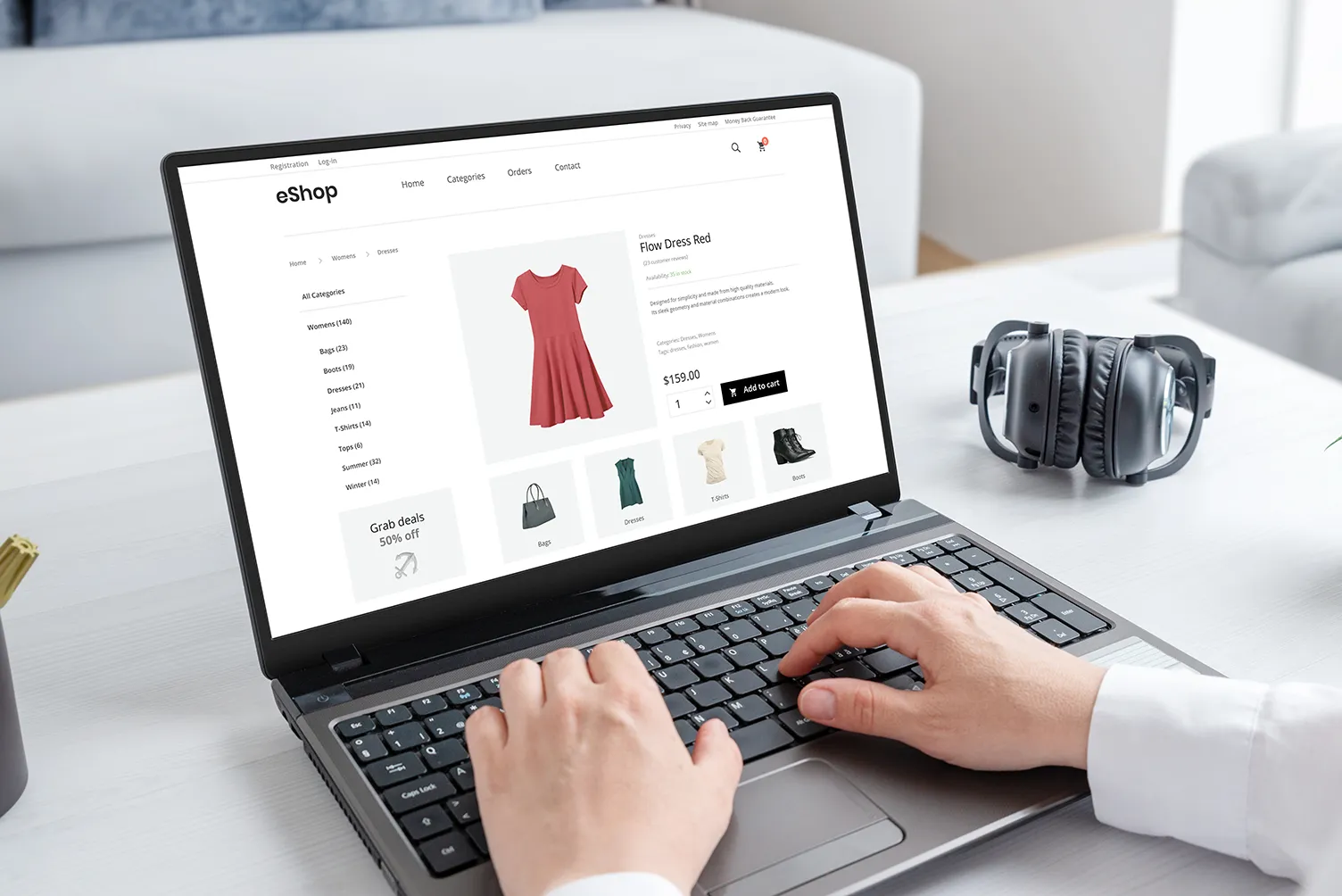As Head of SEO at ICS-digital, one question I’ve heard asked more than most over the past few months pertains to the tricky little matter of nofollow links. Specifically, do they carry SEO value in their own right, and does Google changing their identification of the attribute to a ‘hint’ back in 2020 actually change anything in a tangible way?
What is a Nofollow Link?
Nofollow links are, simply put, links with a rel=”nofollow” attribute applied to them. Previously, this was a black-and-white designation; search engines for all intents and purposes ignored nofollow links and did not pass on authority (or SEO value) between the linking page and the page being linked to.
This differs from a standard (often erroneously termed ‘dofollow’) link, in that by default, links are seen as a signal of trust and/or endorsement, and therefore treated as a primary ranking factor by search engines.
As mentioned above, however, Google slightly changed its official interpretation of nofollow links, rolling out its new treatment of the attribute in search as of March 1, 2020.
At the time, Google also introduced the new rel=”sponsored” and rel=”ugc” tags, while announcing it was to treat all three designations as ‘hints’ going forwards. Despite the initial furore, the search giant was quite clear in how nofollow would be treated:
“Use this attribute for cases where you want to link to a page but don't want to imply any type of endorsement, including passing along ranking credit to another page.”
What Has Google Actually Said About Nofollow Links?
Prompted primarily by an internal review on how we set and measure coverage KPIs for our digital PR campaigns at ICS-digital, I’ve done a lot of research into nofollow links since the start of the year.
As you would expect, there’s been a fair amount of wheat to separate from the chaff, particularly as a fair percentage of the reports out there have been produced by digital PR agencies with the intention of convincing their clients that nofollow links carry the same weight as ‘dofollow’ from an SEO perspective – simply not true, even after the slight change in definition.
While Google is evasive when it comes to many aspects of its ranking algorithm, it has actually provided a number of statements and clues about how it treats nofollow links as of 2022.
Firstly, let’s take a deeper look at that very first announcement:
“Links contain valuable information that can help us improve search, such as how the words within links describe content they point at.
“Looking at all the links we encounter can also help us better understand unnatural linking patterns. By shifting to a hint model, we no longer lose this important information, while still allowing site owners to indicate that some links shouldn’t be given the weight of a first-party endorsement.”
In other words, while nofollow links may now be used to provide Google with contextual clues about the content and meaning of a site, they are not explicit ranking factors, and still will not pass direct authority from the linking page to the linked page.
For those still in doubt, Google’s liaison of public search, Danny Sullivan, has reiterated that the move to a hint model would not change the nature of how Google treated such links in most cases:

Are Nofollow Links Good for SEO?
One of the most ostensibly compelling cases I’ve read for nofollow links carrying some SEO value is in the sense that they, along with a balance of ‘dofollow’ links, contribute to a diverse and natural backlink profile - with such a profile preventing a site from being red-flagged by Google.
As an SEO who spends a fair amount of time conducting link strategy analyses, this isn’t a statement I’d necessarily have disagreed with. However, the oft-quoted Google Search Advocate John Mueller has been explicit in stating this simply isn’t true:

It’s true that maintaining the appearance of naturalness may be more of a consideration for websites carrying out black hat off-page strategies, but I think what Mueller was getting at is it is not in itself a ranking factor consideration if a site is not engaging in such tactics in the first place.
Nofollow Links, Brand Mentions & E-A-T
On the basis of the arguments and evidence put forwards in this article so far, you may be surprised to learn that I do believe nofollow links carry some tangible SEO benefits. While I will not advocate for them carrying the same weight as ‘dofollow’ links - with apologies to my digital PR colleagues - that’s not to say I think they should not be considered when it comes to evaluating the success of a campaign.
I’ve landed on this conclusion primarily on the basis of a 2012 patent filed by Google on its search technology, of all things.
In its filing, Google makes reference to ‘implied links’, that is, non-linked (or, we shall assume, nofollow) brand mentions or citations, and confirms that it considers these when determining a website’s overall quality score. That’s not to say all links are created equally - as that would undo the vast majority of arguments I’ve presented so far!

However, reading between the lines, I do believe that as part of its treatment of nofollow links as hints, Google does consider the context in which said links (or brand citations) appear, and this may be used when it comes to its evaluation of a site’s authority in a wider sense.
Recently, brand perception and sentiment have come to light as explicit ranking factors for YMYL (‘your money or your life’) sites in industries such as real-money gambling and finance. That is, being portrayed in a positive light, or being cited as an authority or expert source, by authoritative publications is acknowledged in Google’s search quality guidelines as a strong signal of E-A-T (expertise, authority, trust). That citation, according to Google’s own patent, may be as either a direct or indirect link - and I very much consider nofollow links to fall within this definition.
Nofollow Links & SEO in Conclusion
Nofollow links may not carry as much weight as dofollow links, particularly in terms of the ‘straight line’ of authority being directly passed from one page to another.
However, and especially as Google’s algorithms move ever-closer to a more holistic model of authority evaluation, I think they play an important role in determining the overall success of off-page activity, and should be included, at least in some way, as part of a campaign’s KPIs.
At ICS-digital, we work with our clients from the outset to set achievable campaign objectives and goals, which we report on in as a granular way as needed. Find out how we could work together on your next Digital PR campaign, or pick the brains of our talented Technical SEO team.



.jpg)






